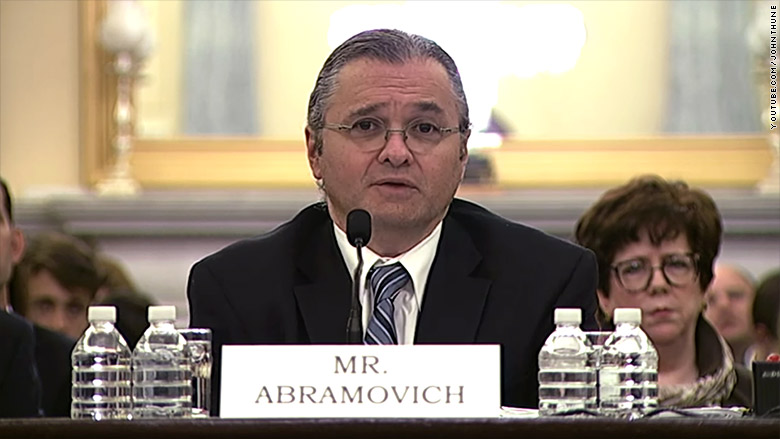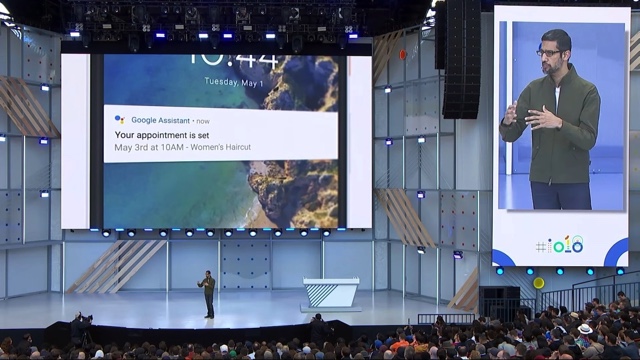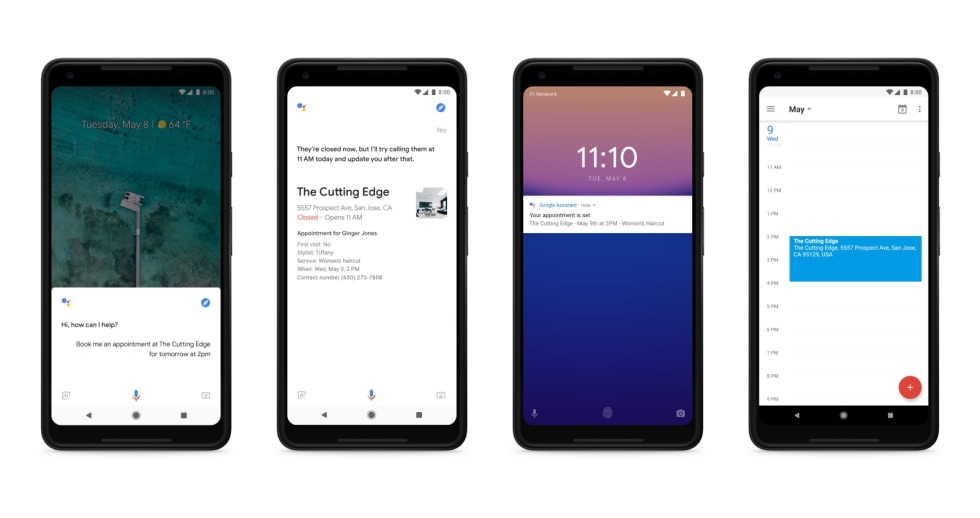Syfy has canceled The Expanse, but its producers want to find it a new home
https://ift.tt/2I8Q5r0

Season three of the acclaimed sci-fi drama The Expanse is well underway, but unfortunately, it will be the last season to air on Syfy. The final episode will be the season finale slated for early July, Deadline reports. The Los Angeles-based production company behind the show says it will try to shop the series to other potential broadcasters or streaming platforms around town.
The Expanse, based on a series of popular novels by a duo of authors who write under the pen name James S.A. Corey, was critically acclaimed and beloved by fans, but it was expensive to produce, it delivered poor on-air ratings, and critically, Syfy had only first-run linear rights. In other words, the network did not have the OTT (over-the-top: streaming and other digital distribution as opposed to broadcast air) rights. For a show like The Expanse, OTT viewing is key for long-term revenue. The show was only made available on cable television or by purchasing episodes or season passes on digital storefronts like iTunes and Amazon.
In many ways, The Expanse was not a good fit for Syfy. It was introduced alongside other series like The Magicians in an effort by Syfy to recapture the passionate audience it had for Battlestar Galactica some years ago. But after a rash of ambitious series canceled after only a few episodes, viewers may have looked on Syfy’s commitment skeptically. The target audience of The Expanse is heavily inclined toward digital consumption. Since Syfy ties much of its streaming to cable providers, it had no chance to entice cord cutters—and the network didn’t have the streaming rights anyway.
The mismatch was evidenced by the fact that the show has lately managed only a paltry 400,000 linear viewers in the critical 18-49 demo, despite widespread acclaim. The series’ production company, Alcon Entertainment, clearly believes it has something of value that might be a better fit elsewhere, as its co-founders suggested in a public statement that it will attempt take the intellectual property elsewhere.
Here’s the statement from NBCUniversal entertainment networks president Chris McCumber about the Syfy’s decision not to renew the series for another season:
The Expanse transported us across the solar system for three brilliant seasons of television. Everyone at Syfy is a massive fan of the series, and this was an incredibly difficult decision. We want to sincerely thank The Expanse‘s amazing cast, crew, and all the dedicated creatives who helped bring James S.A. Corey’s story to life. And to the series’ loyal fans, we thank you most of all.
And here’s the statement from the co-founders of production company Alcon Entertainment, Andrew Kosove and Broderick Johnson:
We are very disappointed the show will not be returning to Syfy. We respect Syfy’s decision to end this partnership, but given the commercial and critical success of the show, we fully plan to pursue other opportunities for this terrific and original IP.
Finding the right partner could be difficult. Most of the digital networks—the most natural homes for a series like this—already have several high-production-value sci-fi and fantasy series in the works. Netflix has Altered Carbon, Lost in Space, and more; Amazon is working on an adaptation of a William Gibson novel and a follow-up to the Lord of the Rings movies; Apple will produce a series based on Asimov’s Foundation books; and so on.
The series’ ratings were low enough that its prospects don’t look good, unlike some other recently canceled TV series that are being shopped around to new homes—like Fox’s Brooklyn Nine Nine, which has seen interest from both Hulu and Netflix only hours after news of the end of its broadcast run. That show consistently delivered more viewers in key demos and might have an audience less prone to piracy. It also managed to build an audience on Hulu.
It looks like The Expanse might become a victim of the messy, compromised distribution strategies that embattled cable TV networks have been forced to execute by a shifting TV industry landscape. We’re hoping it will beat the odds and continue on, as the series has only made a small dent in the excellent and deep source material.
Tech
via Ars Technica https://arstechnica.com
May 11, 2018 at 06:38PM











